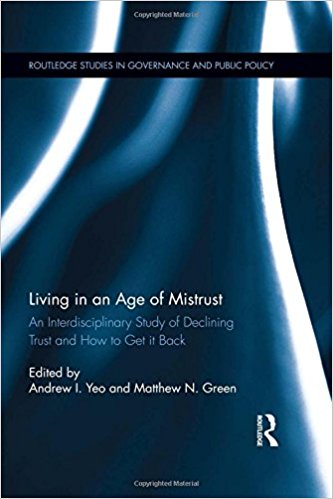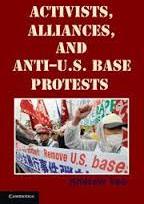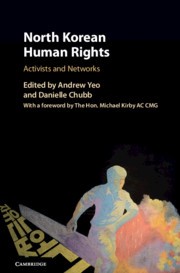

Trust is a concept familiar to most. Whether we are cognizant of it or not, we experience it on a daily basis. Yet trust is quickly eroding in civic and political life. Americans’ trust in their government has reached all-time lows. The political and social consequences of this decline in trust are profound. What are the foundations of trust? What explains its apparent decline in society? Is there a way forward for rebuilding trust in our leaders and institutions? How should we study the role of trust across a diverse range of policy issues and problems?
Given its complexity, trust as an object of study cannot be claimed by any single discipline. Rather than vouch for an overarching theory of trust, Living in an Age of Mistrust synthesizes existing perspectives across multiple disciplines to offer a truly comprehensive examination of this concept and a topic of research. Using an analytical framework that encompasses rational and cultural (or sociological) dimensions of trust, the contributions found therein provide a wide range of policy issues both domestic and international to explore the apparent decline in trust, its impact on social and political life, and efforts to rebuild trust.
Learn More
No other country maintains a global military presence comparable to the United States. In a novel approach fusing international relations theory with social movement perspectives, this book examines the impact of anti-base movements and the important role bilateral alliance relationships play in shaping movement outcomes.
Learn More38 North, U.S.-Korea Institute at SAIS
Learn MorePublished in Asian Perspective: April-June 2017, Vol. 41, No. 2, pp. 309-339
Although North Korea remains one of the most isolated countries in the world, hundreds of foreign actors continue to work quietly inside the country. What is the size and scope of foreign engagement inside the Democratic People's Republic of Korea (DPRK)? What types of activities do nongovernmental organizations, businesses, and other private actors conduct? What has been the experience and impact of those working inside the DPRK? Relying on an original data set and interviews with sixteen organizational field representatives and staff members with experience working inside the DPRK, I uncover basic trends related to people-to-people engagement in areas such as humanitarian relief, development assistance, educational assistance, professional training, and business interaction. Although impressive growth has taken place in foreign engagement in the DPRK, its potential impact remains unclear due to ongoing internal and external constraints.

The evidentiary weight of North Korean defectors' testimony depicting crimes against humanity has drawn considerable attention from the international community in recent years. Despite the attention to North Korean human rights, what remains unexamined is the rise of the transnational advocacy network, which drew attention to the issue in the first place. Andrew Yeo and Danielle Chubb explore the 'hard case' that is North Korea and challenge existing conceptions of transnational human rights networks, how they operate, and why they provoke a response from even the most recalcitrant regimes. In this volume, leading experts and activists assemble original data from multiple language sources, including North Korean sources, and adopt a range of sophisticated methodologies to provide valuable insight into the politics, strategy, and policy objectives of North Korean human rights activism.